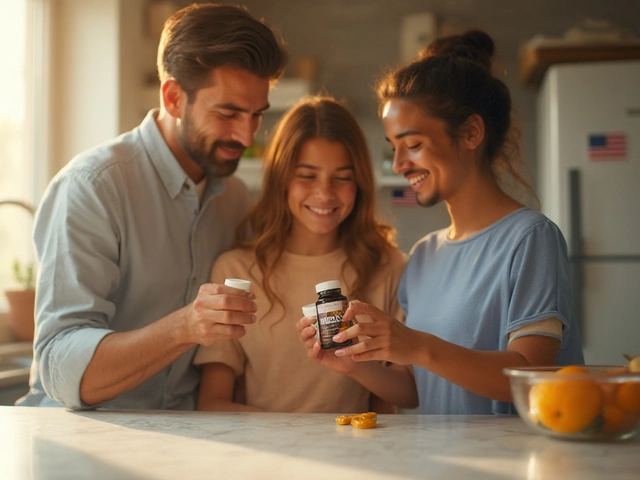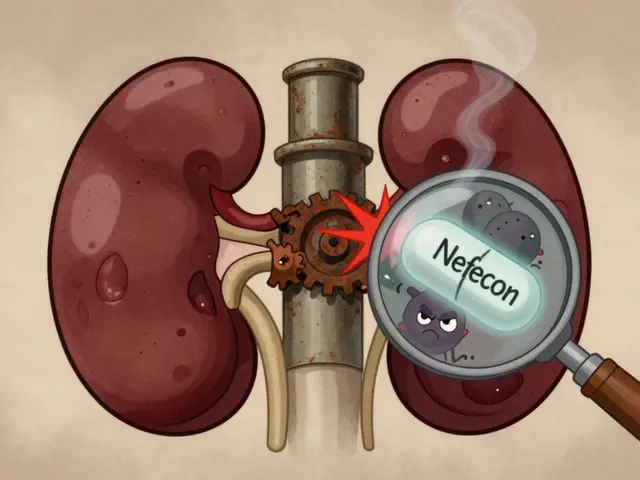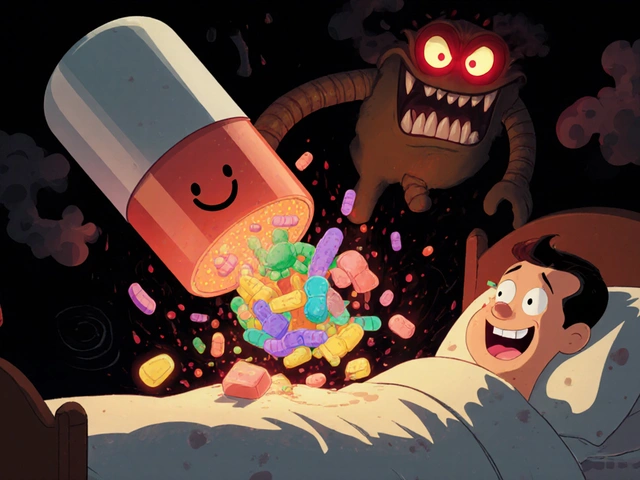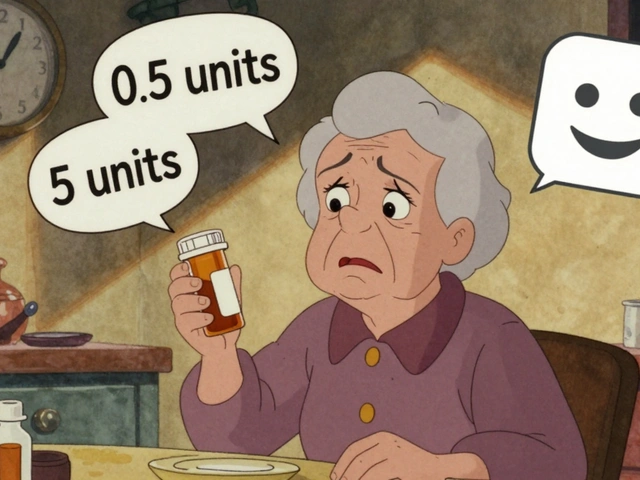Glaucoma Basics: What It Is and How to Protect Your Vision
Glaucoma is a group of eye diseases that damage the optic nerve, usually because of high pressure inside the eye. If left untreated, it can lead to permanent vision loss. Unlike cataracts, the loss is often slow and painless, so many people don’t notice it until it’s too late.
Key Signs and Risk Factors
Typical signs include blurry peripheral vision, halos around lights, and eye pain in acute cases. However, most people with early glaucoma feel fine. Age (over 60), family history, African or Hispanic ancestry, and thin corneas raise the risk. Certain medical conditions—like diabetes, high blood pressure, and long-term steroid use—also increase chances of developing the disease.
How Doctors Diagnose Glaucoma
An eye doctor (optometrist or ophthalmologist) checks three main things: intra‑ocular pressure (IOP), the shape of the optic nerve, and the field of vision. Tests like tonometry, pachymetry, and visual‑field mapping give a clear picture. Regular eye exams are the only reliable way to catch glaucoma early, especially if you belong to a high‑risk group.
Treatment Options to Slow Progress
There’s no cure, but treatment can slow or stop damage. First‑line therapy usually involves prescription eye drops that lower IOP. Common drops contain prostaglandin analogs, beta‑blockers, or carbon‑anhydrase inhibitors. If drops aren’t enough, laser procedures (like SLT or ALT) can improve fluid drainage. In advanced cases, surgery such as trabeculectomy or tube shunt implants may be recommended.
Lifestyle tweaks also help. Regular exercise, a balanced diet rich in leafy greens, and staying hydrated can support eye health. Avoiding excessive caffeine and quitting smoking reduce overall pressure spikes.
When to See an Eye Doctor
If you have any of the risk factors mentioned, schedule a comprehensive eye exam at least once a year. Sudden eye pain, red eye, nausea, or sudden loss of peripheral vision demand immediate medical attention—these could be signs of an acute angle‑closure attack, which is an emergency.
Remember, glaucoma progresses silently. Being proactive with checkups, following treatment plans, and making simple lifestyle changes give you the best chance to keep your sight.
Feel free to explore other health guides on our site, from medication safety tips to natural supplement insights. Knowledge is power, especially when it comes to protecting your eyes.





